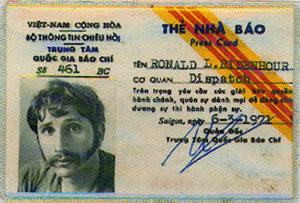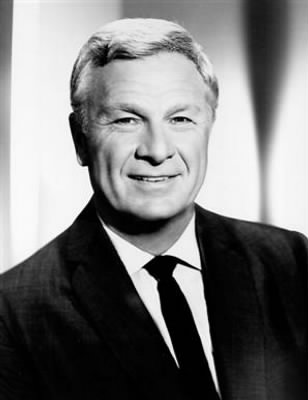Whenever the exigencies of the military/police/security/surve
That is the very nature of every totalitarian state that ever existed.
It's made possible only by a state of perpetual warfare.
And it wasn't a defensive war that turned Afghanistan, Iraq, Libya, Yemen and now Syria into ISIS strongholds.
The people of these countries aren't nomads ... they are people who have occupied those lands for generations; since long before the United States existed. And they are resisting US-led attempts to occupy, subjugate, control and exploit their countries.
They aren't going to permit it.
And they should NOT. When I was just a kid, like 12, that would've been 1969, we lived deep in the mountains of the western Appalachians, North Carolina ... we had no TV, and I read everything I could get my hands on. Which made me one obnoxious little shit because it was easy to find fault with many of the things the adults were saying about Vietnam.
Even as a 12-year-old child, living way back in the mountains, I could not believe that there was any way that the Viet Cong could be defeated on their own turf. I said so ... of course, I was told I didn't know what I was talking about.
Except, apparently, I did.
Those people who are fighting western imperialism in Afghanistan, Iraq, Pakistan, Libya, Syria, Yemen, Somalia ... they cannot be defeated, unless they lose the will to fight.
Ho Chi Mihn and General Giap said so ... and they certainly weren't wrong.
They are children of the occupation, many with missing fathers at crucial periods (through jail, death from execution, or fighting in the Insurgency), filled with rage against America and their own government. They are not fueled by the idea of an Islamic caliphate without borders; rather, ISIS is the first group since the crushed Al Qaeda to offer these humiliated and enraged young men a way to defend their dignity, family, and tribe. This is not radicalization to the ISIS way of life, but the promise of a way out of their insecure and undignified lives; the promise of living in pride as Iraqi Sunni Arabs, which is not just a religious identity but cultural, tribal, and land-based, too.
___
Lydia Wilson, an Oxford researcher
http://www.thenation.com/article/what-i-discovered-from-interviewing-isis-prisoners/










